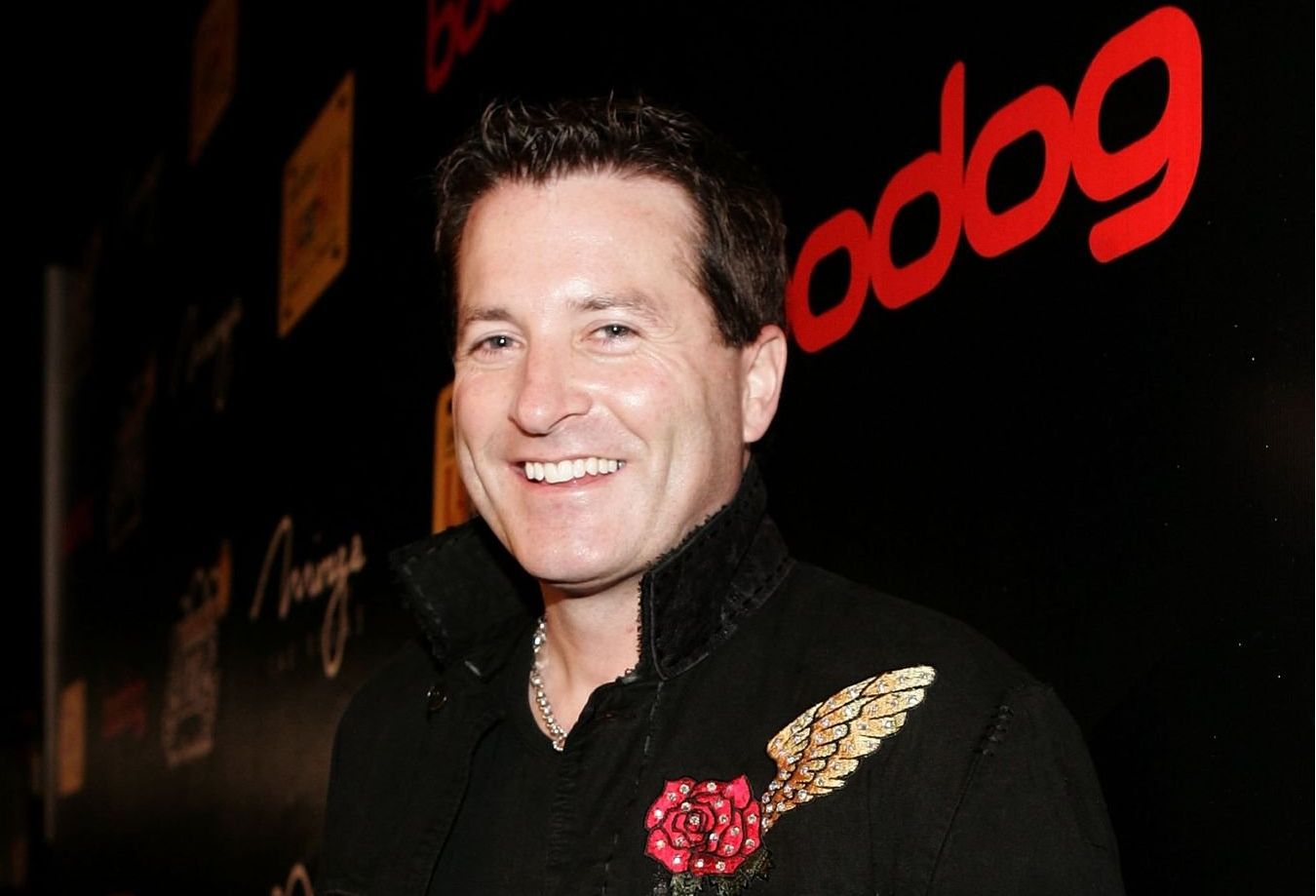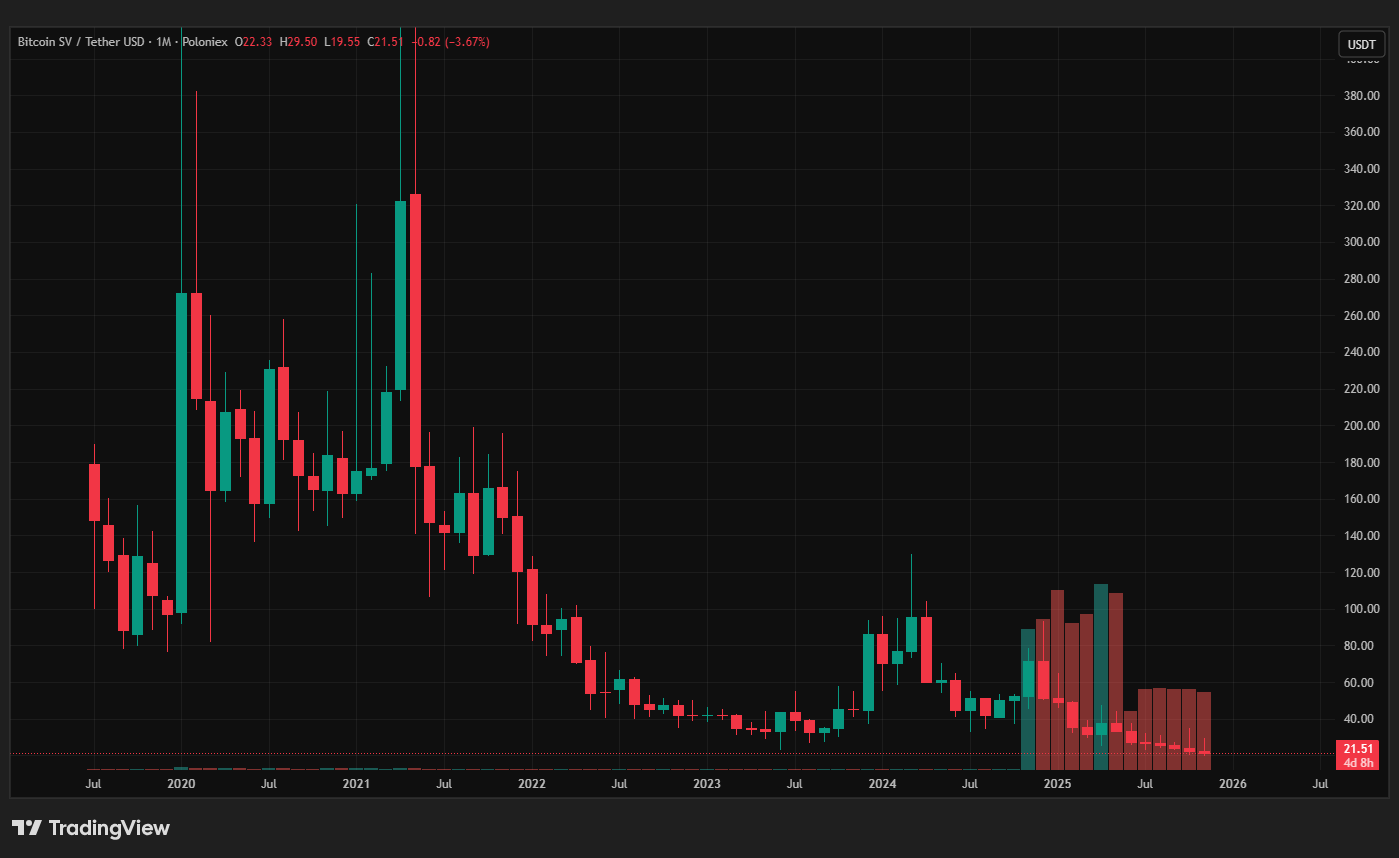Calvin Ayre, BSV Blockchain Financier, Linked to $23 Billion in Alleged Wirecard Fraud

Investigative reporting from Bayerischer Rundfunk (BR) has uncovered fresh leads pointing to Canadian billionaire Calvin Ayre as the shadowy figure behind hundreds of millions of dollars funneled through the now-defunct Wirecard Bank. Ayre, a flamboyant online gambling magnate and early Bitcoin and cryptocurrency investor, appears to have used the payment processor as a conduit for his high-stakes operations, potentially masking illicit flows from illegal betting rings across Asia and beyond.
The Wirecard saga erupted in June 2020 when the company imploded, revealing that $2.2 billion in supposed trust accounts in Singapore and the Philippines, purportedly tied to Asian business partners, had vanished into thin air. Investors, including major U.S. funds, were left reeling with losses exceeding $23 billion. For the past three years, former CEO Markus Braun and two executives have faced trial in Munich on charges of fraud and conspiracy. After 230 grueling days in court, even Braun's defense attorney, Theres Kraußlach, conceded the phantom funds "never actually existed. It’s incontrovertible."
But while the headline-grabbing $2.2 billion has dominated headlines, BR's probe spotlights a parallel web of transactions: roughly $2.3 billion in total deposits into accounts held by foreign "third-party acquirers" at Wirecard Bank, which processed payments mainly in Asia. Braun's legal team insists these were legitimate Wirecard inflows, allegedly embezzled by a criminal ring led by the fugitive former executive Jan Marsalek. BR's analysis paints a different picture - one where Calvin Ayre, long rumored to be a kingpin in the shadows, emerges as the primary beneficiary.
Tracing the Money: From Prague Shells to Antigua Villas
BR journalists pored over leaked emails from Marsalek, including Excel spreadsheets detailing some 500,000 transactions in 2018 alone. The data reveals multimillion-dollar transfers from shell companies in Prague, the Montenegrin capital of Podgorica, and other global hotspots into Wirecard's third-party accounts. An anonymous insider likened the setup to a "collection point for these funds, from illegal gambling for example."
Deeper dives into account statements, insider interviews, and expert consultations across Germany and abroad led BR to Ayre. The 64-year-old, who built his fortune on the Bodog online betting empire before relocating to Antigua in the mid-2000s, routed funds through labyrinthine corporate structures spanning multiple countries. Key money flows include:
- $156 million to Antigua: This sum landed in nine companies, most clustered at Fitzgerald House on 44 Church Street in St. John's. Only two are registered locally, both post-2020. The address also houses Cort & Cort, the law firm of Errol Cort, Antigua's ex-finance minister. In an email to Norwegian entrepreneur Christen Ager-Hanssen-whom Ayre once employed-Ayre called Cort his "lawyer and best friend." Ager-Hanssen, now nChain's former CEO, confirmed the ties: "His problem was that he has a lot of money at his disposal, has enormous cash flow, but has to forward it without ever acting in his own name. This takes place through various structures. One of these structures involves Antigua's former finance minister, Errol Cort."
- Over $205 million to Hong Kong: Primarily to Pittodrie Finance Limited, an investment arm of Zurich's Monterosa Group. The trail loops back to Fairway Family Office, which Ager-Hanssen dubs the "mastermind" of Ayre's dealings. The firm dismissed questions, calling the payments "part of their usual business activities."
- $7.6 million to Spain's RGT Management: A software outfit linked directly to Ayre's gambling ventures.
- Nearly $9.3 million to Manila's Tyche Consulting: Back in 2014, with ties to a London subsidiary where Craig Wright-more on him below-once worked.
Transfers even reached Ayre personally, under the alias "Calvin Wilson" in the Philippines, per account records.
A cryptic clue surfaced in a July 2023 letter from Marsalek to the Munich court: He referenced restructuring "a Canadian customer's corporate legal structures" for what amounted to "de facto a single customer" behind the third-party business. Marsalek's lawyer declined comment.
These maneuvers, BR reports, helped Wirecard dupe auditors at EY, who relied on bank statements as "proof" of a thriving Asian arm. A confidential "Wambach Report" for Germany's Bundestag investigative committee notes the ploy concealed the fabricated operations. EY insisted it followed "applicable professional standards." Munich prosecutors, citing the ongoing trial, offered no further comment. Braun's attorney maintained her client's innocence: "He himself has essentially become a victim of a crime."

Ayre's Shadowy Past: From U.S. Indictments to Caribbean Influence
Ayre's bio reads like a thriller. Born to a Canadian pig farmer, he parlayed poker sites into billions, flaunting his wealth in a 2007 ARD documentary. Yacht parties with bikini-clad companions, Harleys roaring through Costa Rican villas. In Antigua, Bodog became the island's top private employer, buying Ayre outsized political clout: "We are already the largest private employer in the entire country, and that gives us a lot of political influence as well," he once boasted.
Stateside, influence waned. In 2012, U.S. authorities indicted Ayre and three aides for illegal gambling and money laundering, seizing millions in stakes from Bodog accounts. He landed briefly on ICE's "Most Wanted" list before a 2017 plea deal: guilty to one count, a $500,000 fine, and permanent forfeiture of the seized funds.
Ager-Hanssen, who worked closely with Ayre, didn't mince words: "Ayre needed Wirecard just as Wirecard needed him... Without the payment service provider, the gambling mogul's business would not have been possible." He added: "Calvin was known for having built one of the biggest gambling companies in history... He was the man behind Wirecard. He is the big fish."

Enter the Blockchain: Ayre, Wright, and the BSV Debacle
Ayre's pivot to crypto amplified his notoriety. Post-Bodog, he funneled fortunes into nChain, a blockchain firm, installing Australian IT specialist Craig Wright as chief scientist. Wright has claimed since 2016 to be Satoshi Nakamoto, Bitcoin's pseudonymous creator, whose 1.1 million BTC stash, untouched for 15 years, is now worth over $110 billion.
Ager-Hanssen's 2023 whistleblower exposé, the "Fairway Brief," alleged a nChain conspiracy: Ayre bankrolled Wright's Satoshi charade to launch a Bitcoin fork, extract licensing fees, and crown themselves crypto royalty. A March 2024 UK High Court ruling demolished Wright's claims as "fabricated," slapping him with global bans on Satoshi assertions and lawsuits. The fallout escalated in December 2024 when Justice Mellor found Wright in "flagrant" contempt for four breaches, sentencing him to a 12-month prison term (suspended two years' good behavior), plus $180,000 in COPA's costs within 14 days. Permanent injunctions and civil restraint orders followed, curbing Wright's court access without permission.
Ayre was the architect of Bitcoin SV (BSV), the fork of Bitcoin dubbed "Bitcoin Satoshi Vision." He championed its "unbounded scaling" for terabyte blocks, low fees under a penny, and real-world apps like data storage, positioning it as crypto's economic savior. In a 2018 interview, Ayre hailed BSV's business model as the only viable one, a stance he doubled down on post-2020 Genesis upgrade and into 2024, pouring funds into BSV projects.
Yet BSV's star has collapsed. Trading at $20.56 today, down 76% from its all-time high in 2021, it languishes in irrelevance, delisted by major exchanges amid Wright's fraud and legal sagas. Ayre has retreated from the spotlight since the 2024 rulings, quitting social media, fading into obscurity, and halting Wright's lawsuit funding in September 2023. Publicly, he insists BSV endures independent of Wright, and insists that BSV is "the best idea out there," however, insiders see a clear distancing, with Ayre Ventures shifting focus. A rumored $660 million nChain infusion in August 2023 (pre-ruling) now feels like a parting bet on a sinking Titanic.

